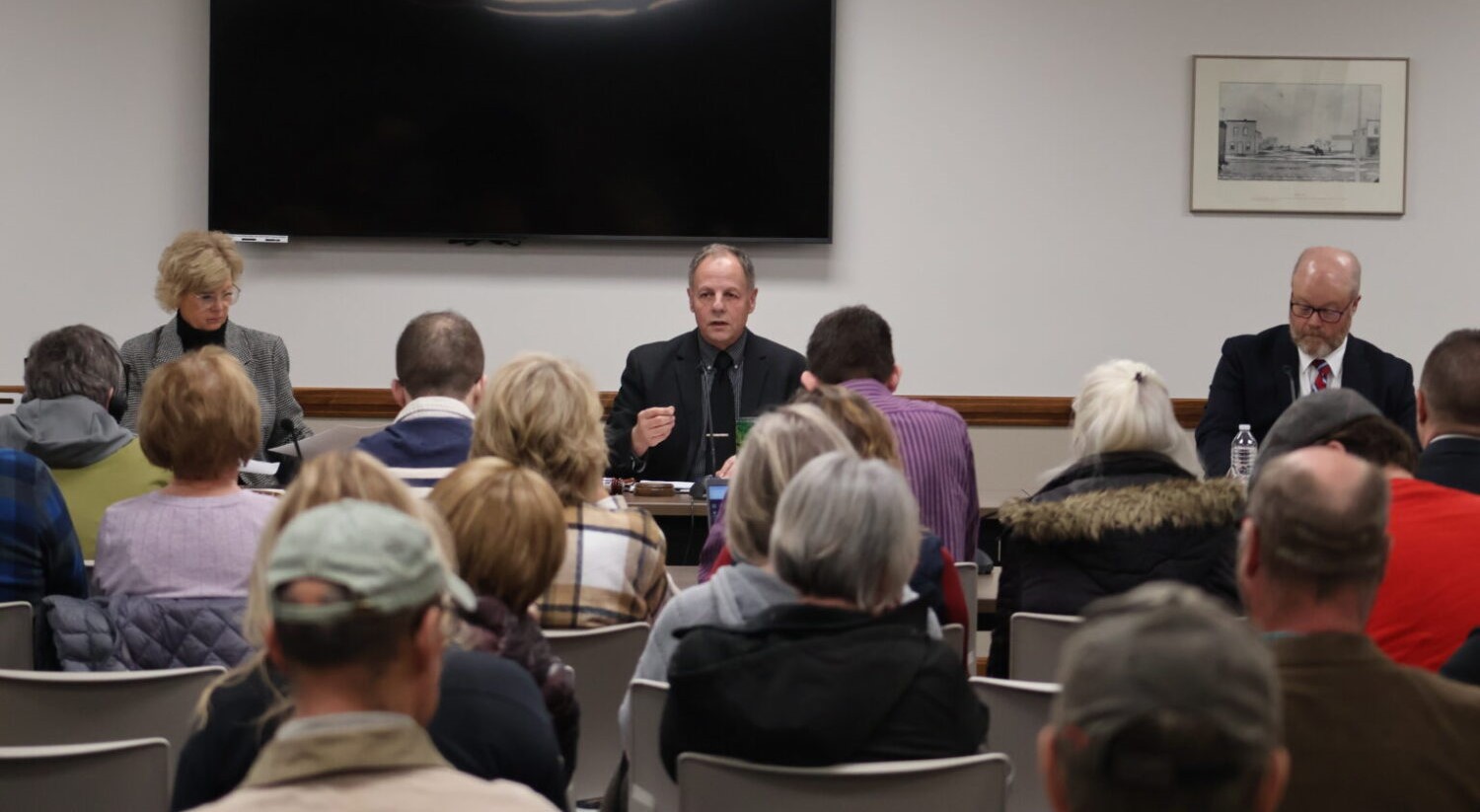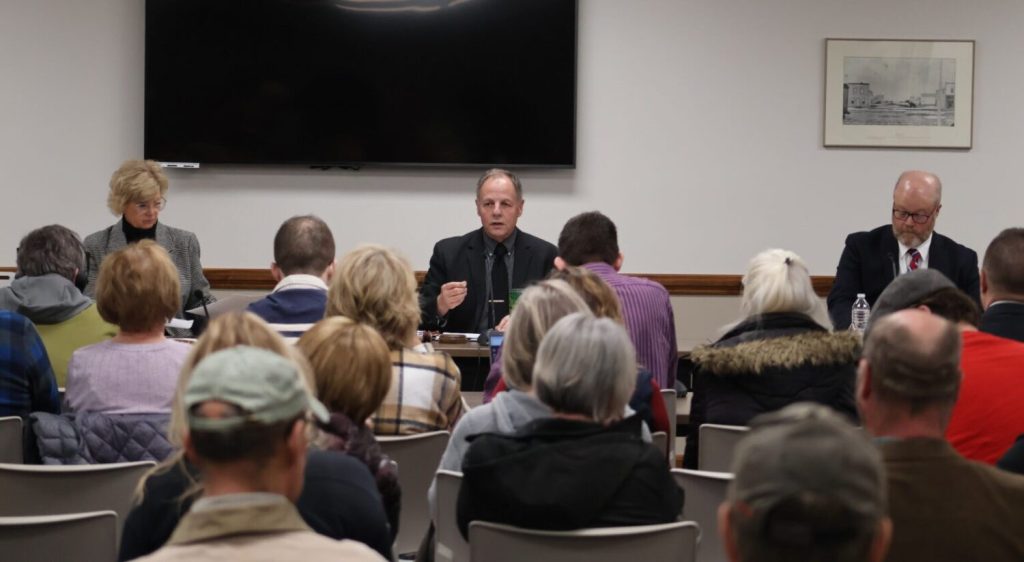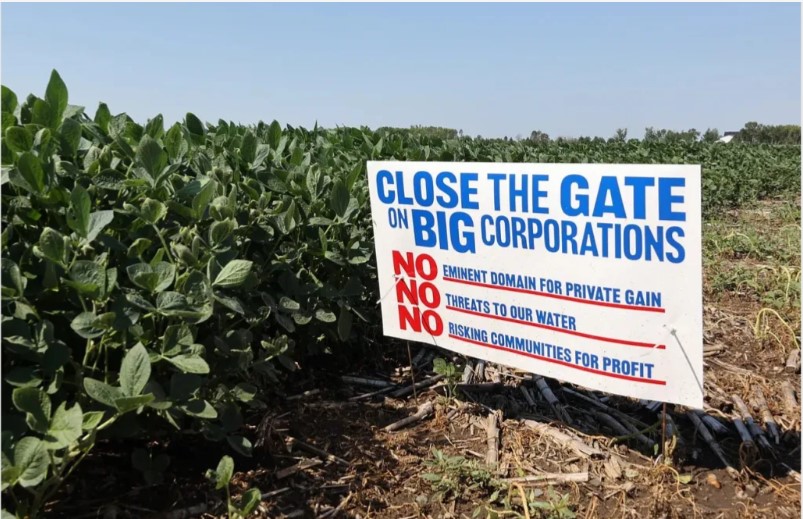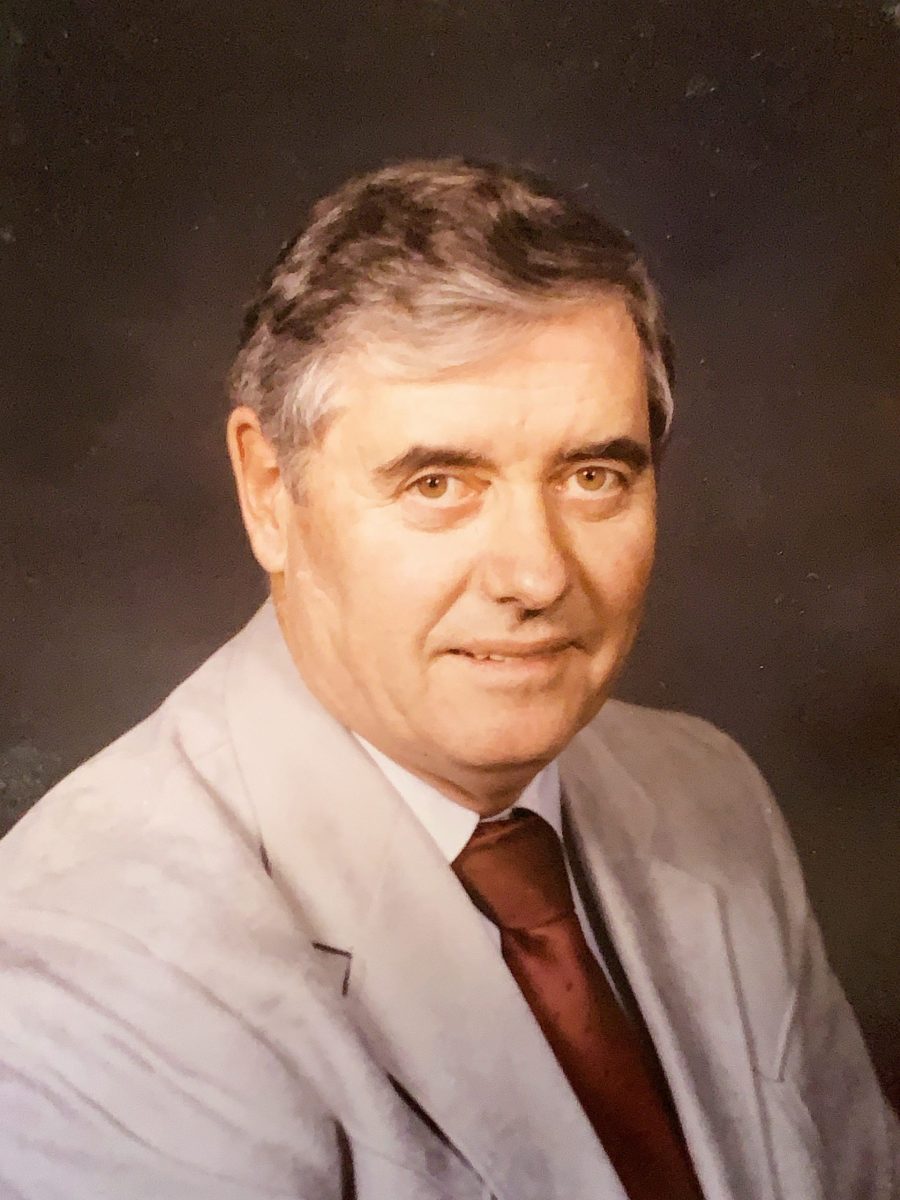BISMARCK, N.D. – North Dakota regulators approved a route permit for the Summit Carbon Solutions pipeline, a significant win for what the company says is the world’s largest carbon capture project.
The three-person Public Service Commission voted unanimously to approve the pipeline permit. The commission had denied Summit a route permit in 2023, but changes the company made to its route helped convince the commission to reverse its position.
Summit plans to put 333 miles of pipeline through North Dakota, part of a 2,500-mile network of pipelines in five states. The pipelines are planned to connect 57 ethanol plants, including Tharaldson Ethanol at Casselton, to an underground carbon storage site west of Bismarck.

“We commend and respect the North Dakota Public Service Commission for their diligence and thoughtful approach in reviewing this project,” Wade Boeshans, executive vice president of Summit Carbon Solutions, said in a news release. “This decision is a testament to North Dakota’s commitment to fostering innovation while working closely with communities and industries.”
Ethanol plants emit carbon dioxide as part of the fermentation process in turning corn into fuel. That carbon can be captured, compressed and put into a hazardous liquid pipeline.
Summit announced its plans in 2021 and had hoped to begin construction in 2023, but has faced pushback from some landowners and several legal challenges as it has tried to obtain the needed permits.
Supporters view the project as vital to helping the ethanol industry compete in low-carbon fuel markets. Ethanol is a key market for corn growers.
Opponents cite safety concerns, damage to farmland and property values and an infringement on property rights. Some landowners also have complained about Summit’s business practices.
Troy Coons, is president of the Northwest Landowners Association, a North Dakota property rights group that has challenged Summit over survey access and other issues.
“I don’t know that the PSC really answered adequately the citizens’ questions, or held the company accountable enough to move forward,” Coons said.
Brian Jorde of Nebraska-based Domina Law, which represents landowners fighting the pipeline in North Dakota and other states, said the decision was expected based on comments and questions by the PSC during the re-hearing process.
“We will carefully review the written order for errors and address those accordingly,” Jorde said in an email. “The PSC decision is phase one in a multi-phase process.”
While Summit has said the plan to capture greenhouse gas emissions is good for the environment, several environmental groups, including the North Dakota-based Dakota Resource Council, have opposed the project as doing more harm than good.
Summit would benefit from federal tax credits of $85 for every ton of CO2 stored. It would sequester 18 million tons of carbon dioxide per year.
Commission Chair Randy Christmann emphasized that the PSC approval in North Dakota does not guarantee that Summit has the right to use eminent domain to force landowners to provide easements for the pipeline. A decision on eminent domain would have to be made in the courts.
“I certainly do encourage the company not to use eminent domain, at least not more than absolutely necessary,” Christmann said before the vote.
Christmann recounted his family’s bad experience with eminent domain when a highway was routed through the family’s ranch.
“I understand how offensive it is,” Christmann said of eminent domain. “Occasionally, it’s needed. But I damn sure understand it ought never be abused.”
Summit says it is working on obtaining voluntary property easements. A Summit filing with the PSC said as of Oct. 9, it had obtained voluntary easements on about 81.4% of the miles it needs in North Dakota.
Burleigh County, which includes Bismarck, had the lowest voluntary easement rate at more than 65%.
Christmann also said the ruling does not conclude that the Summit pipeline is a common carrier, an important designation for obtaining the right to use eminent domain.
“We need to challenge the common carrier status of CO2 pipelines and restore power over zoning for pipelines to our county commissions,” landowner David Moch, a farmer in Emmons County, said in a news release through the Dakota Resource Council. “This is an attack on our property rights. Summit Carbon has shown my community who they are, after threatening the use of eminent domain at an Emmons County Commission meeting.”
Emmons and Burleigh counties had passed ordinances that would have severely restricted Summit’s ability to site a pipeline through those counties, but the PSC ruled that state law supersedes local ordinances on carbon pipelines.
Carbon pipeline regulation is of interest to North Dakota’s oil and gas industry. Summit’s plan is for permanent underground storage, but carbon dioxide can be pumped into oil well sites to help extract more oil, a process called enhanced oil recovery.
Summit CEO Lee Blank told the North Dakota Monitor earlier this year that it had not been approached by oil companies interested in taking CO2 from the pipeline.
Carbon capture and sequestration is being used by two North Dakota ethanol plants, Red Trail at Richardton and Blue Flint at Underwood.
Christmann noted that North Dakota has had a CO2 pipeline operating for about 20 years, running from the Dakota Gasification plant near Beaulah to an oil field in Canada. It runs about 10 miles from his ranch in western North Dakota.
Commissioner Sheri Haugen-Hoffart also mentioned that pipeline.
“North Dakota has managed successfully the CO2 transportation and sequestration projects,” Haugen-Hoffart said. “Our state has a history of reasonable pipeline management, and thousands of miles of pipeline operate under strict state and federal regulations.”
Summit chose western North Dakota as a permanent storage site because the area has geology to keep the CO2 deep underground with a cap rock keeping it from reaching the surface.
Iowa-based Summit will need a separate storage permit from the North Dakota Industrial Commission.
Summit also needs a permit in South Dakota, where it already has been denied once.
Iowa has granted Summit a permit, and the company says it plans to reapply next for a permit in South Dakota. Minnesota’s Public Utilities Commission is expected to vote Dec. 12 on a 28-mile segment near the North Dakota state line.
The project also includes Nebraska, which has no state agency in charge of issuing permits for CO2 pipelines.














